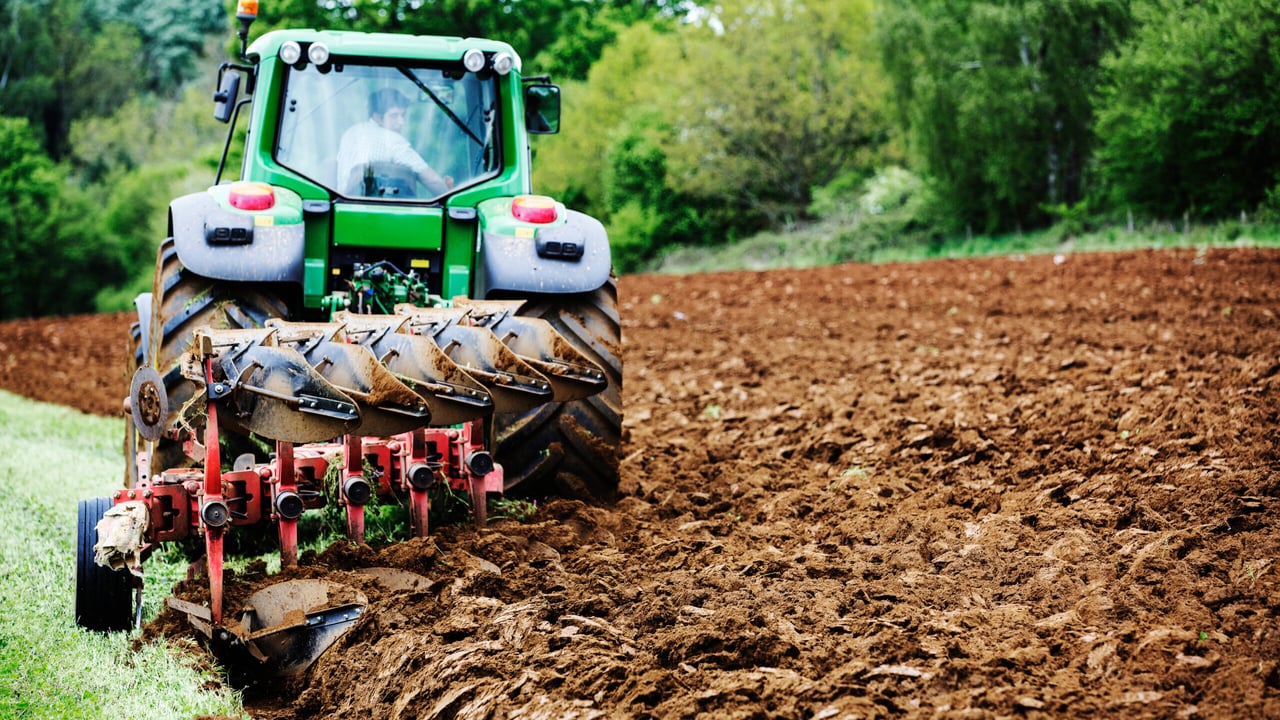Opinion: Soil health should never be overlooked
A recent report has confirmed the parlous state of soil health throughout Europe. Soil management is an issue that confronts every farmer.
So, here’s the core fact: If our soils are not kept in optimal condition, then we can say goodbye to any hope of feeding the world’s fast-growing population into the future.
Farmers often get criticised for not managing soils in a sustainable manner. For me, however, this is a case of total misconception.
The reality is, that farmers should be praised for doing such a good job in managing our soils sustainably, given the continuing pressure put on them to produce unending quantities of cheap food.Every farmer worth his or her salt knows that proper soil management must go to the very heart of their business plans. If they fail to address this core issue, then they have no future.It must also be articulated that hard experience down through history has taught farmers this very salutary lesson.History shows that the world’s first farmers in what is today’s Iran and Iraq fell foul of the problems caused by the continuing erosion of their soils.
That was 3,000 years ago. But flash forward to the 20th century and farmers in the United States got caught in the same way – the end result being the Oklahoma Dust Bowl.So yes, farmers do have prior form when it comes to the mismanagement of their soils. But one should also point out that they have always been able to learn from their mistakes.
E.g., the Dust Bowl experience created the impetus for what we know today as ‘min till’ cultivation.
Our land is a finite resource. Looking around the world today, it is not soil mismanagement that is causing the genuine concern that exists regarding our potential to grow food on a sustainable basis for the future.
Rather it is the ever-increasing rate at which developers continue to build on prime agricultural land.Once this resource is taken away from us, it can never be replaced. Sustainable intensification was a phrase coined by Ireland’s former farm minister Simon Coveney a decade ago.
In essence, this means achieving higher crop yields in ways that the future sustainability of our soils.
Farmers are more than happy to buy into this principle. But it comes at a price, one which consumers around the world will have to pay.
The days of cheap food are over. Farmers cannot be expected to work for nothing.





